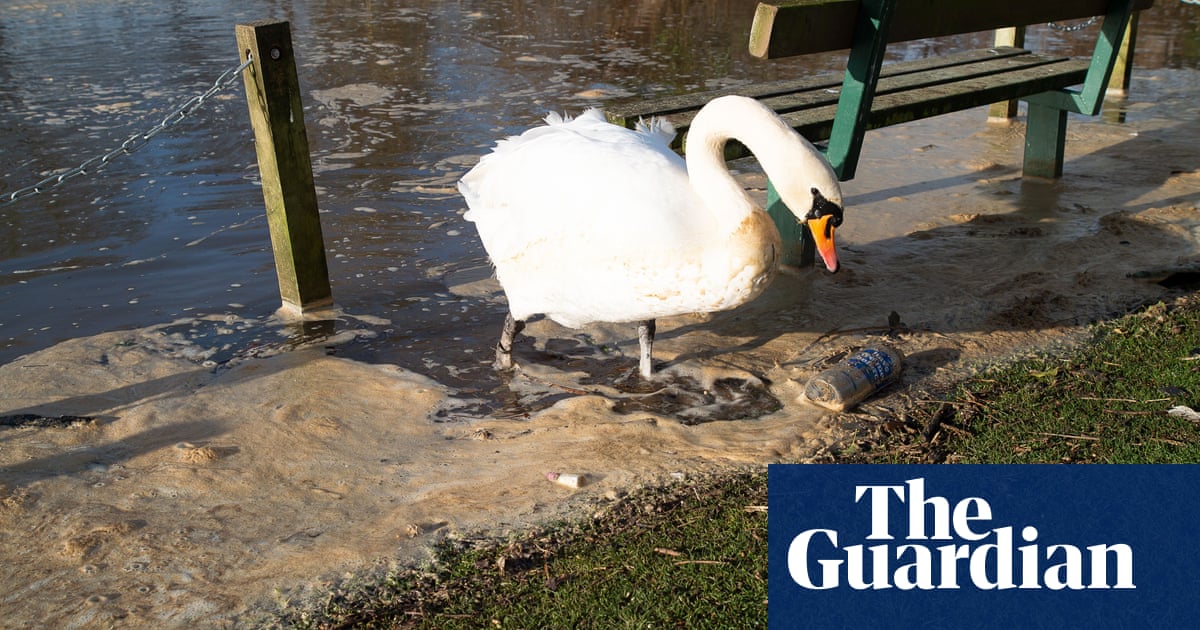
The children’s commissioner for England has called for a complete overhaul of early years services, plus a government-funded rescue package to prevent mass closures of nurseries and childcare providers that could go under as a result of the Covid-19 crisis.
The childcare sector has been hit hard by lockdown, with surveys suggesting as many as one in four nurseries and pre-schools could close within the year, rising to one in three in the deprived areas where children benefit most from early intervention.
As well as an injection of emergency funding, commissioner Anne Longfield urged ministers to use the coronavirus crisis as an opportunity for a wholesale review of the sector and to make early years a central building block of a national recovery plan.
“Nurseries and early years support play a vital role in helping children prepare for school,” said Longfield, “but coronavirus and lockdown have put many at risk of closure. The consequences could be thousands of children missing out on vital support that sets them on a path to a good education and better prospects.”
Her report, Best Beginnings, acknowledges that successive governments have invested more in early years in England, but said the system is disjointed and often fails to target disadvantaged children in greatest need of early intervention, undermining their life chances.
According to the report, last year 29% of all five-year-olds – and 45% of those eligible for free school meals – were below the expected level of development by the time they go to school. The 13% (82,000) who fail to meet targets in half or more of the 17 early learning goals are five times as likely to end up being excluded by age 10. They are also more likely to struggle with reading and writing at 11, to leave school with no GCSEs and are more likely to suffer some form of mental ill health and be obese.
Among her recommendations, Longfield calls on the government to develop “a national infrastructure” of children and family hubs that provide a gateway to wraparound support services. The report also suggested a “family guarantee” of support for under-fives and their families to make sure all children have the help they need to be ready to start school, with more health visitors and increased funding for early help and troubled families services.
It also recommends an expanded childcare offer of 30 hours universal free childcare and early education for all two, three and four-year-olds, and 15 free hours for all one-year-olds. “The government must make the early years a priority and drive reforms so that all children start school ready and able to learn and progress,” said Longfield.
“Alongside high-quality early education, this means making sure that every family is guaranteed the support they need to help their young child to thrive, and to prevent early challenges turning into serious problems.”
Neil Leitch, chief executive of the Early Years Alliance, welcomed the commissioner’s call for an emergency recovery package for the sector, as well as a wholesale review of early years, but urged caution on any extension of the childcare offer that could place more pressure on an already struggling sector.
“For years, nurseries, pre-schools and childminders have faced a fight for survival as a result of wholly inadequate funding levels. With the coronavirus pandemic placing even more pressure on provider finances, the fact is that many settings simply won’t survive if the government doesn’t take urgent action.”
Tulip Siddiq, shadow minister for children and early years, stressed the role of childcare in economic recovery. “Childcare is absolutely essential for working parents and to our economic recovery from coronavirus. But it has been ignored by the government in this crisis, with the early years sector consistently excluded from support packages.
“We were already losing hundreds of nurseries and childminders every month before this crisis hit, due to years of underfunding. It’s time for ministers to get serious about supporting families in this pandemic and step in with a proper plan to save the childcare sector.”
The Department for Education insisted the government had protected early years settings throughout the pandemic with significant financial and business support, including through the coronavirus job retention scheme.
A spokesman added: “We are investing in early years organisations to help them boost disadvantaged children’s development, with grants targeted at improving outcomes for young children at risk of falling behind by age five, and for those with special educational needs.”












